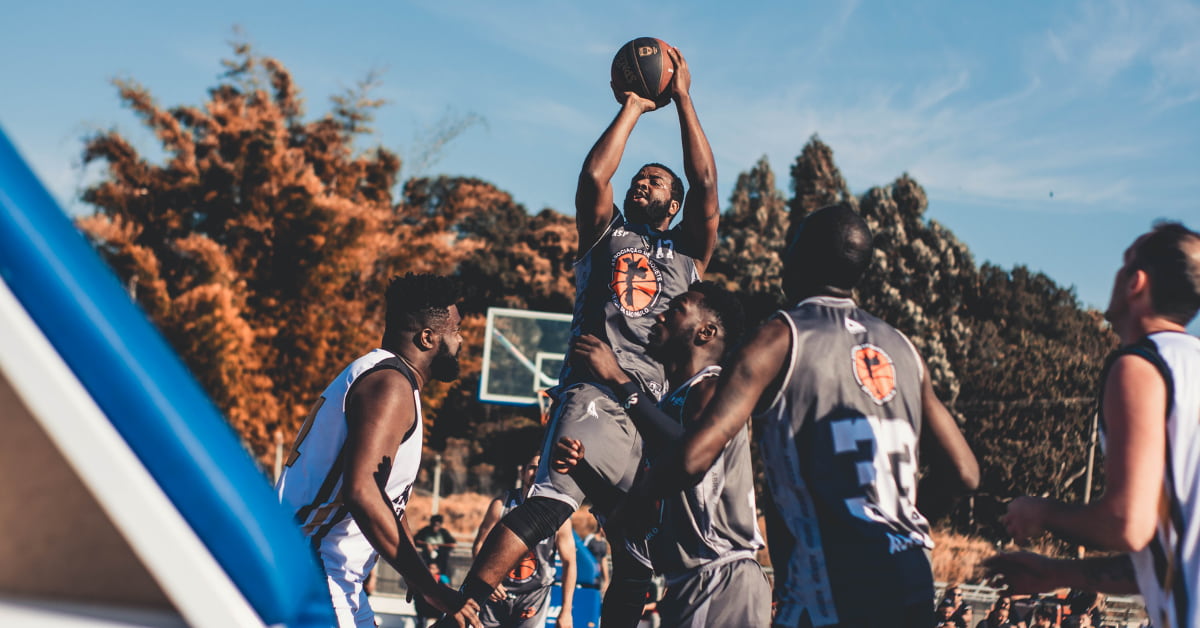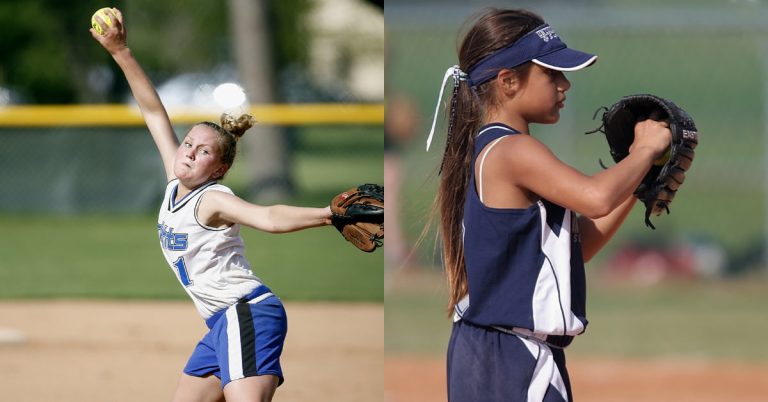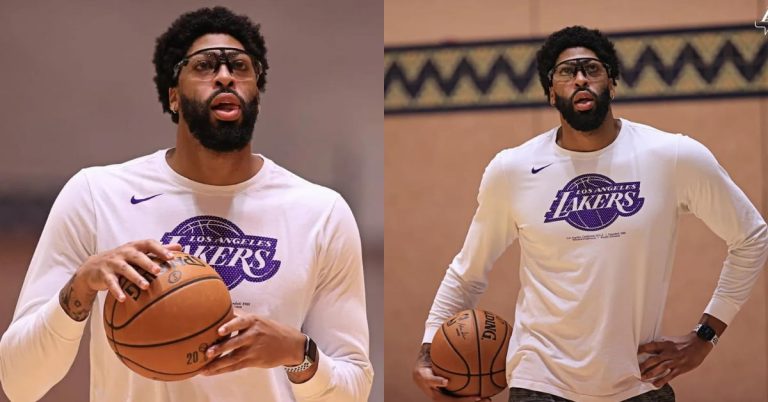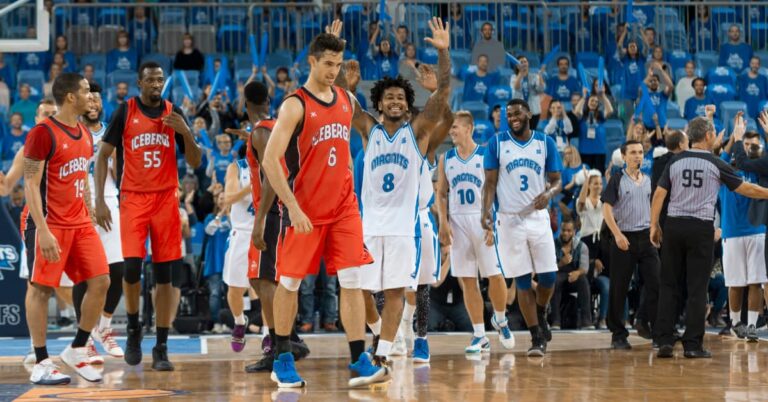What Does DNP Mean In Basketball?
What does DNP mean in basketball? The short answer is: Does Not Play, but to a much broader extent than the dictionary suggests. In this article, you gonna know deeply about the meaning of DNP in basketball.
What Does DNP Mean In Basketball?
The acronym “DNP” stands for “Did Not Play”. In basketball, a player who is assigned this designation must not participate in any of the game’s actions, whether it be on the court or on the bench.
This can be due to injury, rest, or personal reasons. When a player is DNP, his team is allowed to substitute him with one of the other players on their roster.
In theory, this should allow teams to manage their rotations more carefully. Again, it ensures that all players are getting their fair share of playing time. However, there have been times when a player who was DNP has later come back and played significant minutes.
Benefits Of DNP
It is a rule in the NBA that if a player does not play in a game, they are considered inactive and do not receive minutes. There are many benefits to DNP in basketball.
First, it can help players stay fresh. If a player is injured or has other commitments outside of basketball, DNP can give them the chance to rest and heal without missing any playing time. This allows them to be their best when called upon later in the season or playoffs.
Second, it can help players build chemistry with their new teammates. When a player is inactive, they have time to get to know their new teammates and develop bonds that will carry over into the regular season or playoffs. This helps teams become more cohesive and capable of executing on offense and defense together.
How Can You Use Dnp To Improve Your Game?
DNP is a valuable tool for basketball coaches and players alike. It can be used in a variety of ways to improve one’s game.
- DNP can provide an opportunity for players to rest, recuperate, or rehabilitate injuries without missing any playing time.
- Again, DNP can also be used as a strategic decision to maintain energy levels or keep one’s focus during long stretches of play.
- As with any decision made in basketball, it is important to weigh the pros and cons before using DNP. Doing so will help you optimize your performance on the court.
- Coaches should be judicious in their use of DNP, as it can unfairly disadvantage teams when used improperly or strategically without proper consideration.
How Does A Dnp Affect Players And Teams?
There is no one-size-fits-all answer to this question, as the effects of a DNP on players and teams vary depending on the individual situation. However, a DNP can have a number of negative consequences for players and teams.
Players who are unavailable for selection due to a DNP may lose out on playing time and opportunities for match experience. This can lead to an inability to improve their skills and increase their chances of being selected for future international matches. Furthermore, if a player is absent from multiple matches then their team’s morale may be affected. In addition, they may be considered less valuable by their teammates.
Teams also suffer from the absence of players who are unavailable through injury or suspension.
Dissecting A DNP In Basketball
Dissecting a DNP in basketball can be difficult. There are so many factors that go into why a player would choose to take a DNP. And it’s difficult to determine what role. If any, the DNP played in their team’s loss.
Some players will take DNP’s for rest purposes. This can be due to an injury or fatigue. Other players may take DNP’s when they are not feeling well and do not want to risk getting sick.
There is no set rule on when a player must play in order to get credit for playing in a game. A coach could give a player the option of playing or taking the DNP. But ultimately it is up to the player whether they want to play or not.
Conclusion
DNP stands for “did not play”. It is primarily used in basketball to signify that a player did not take the court during the game. While the term can have other meanings, in the context of basketball, it is simply used to indicate that a player was not active during the game.








